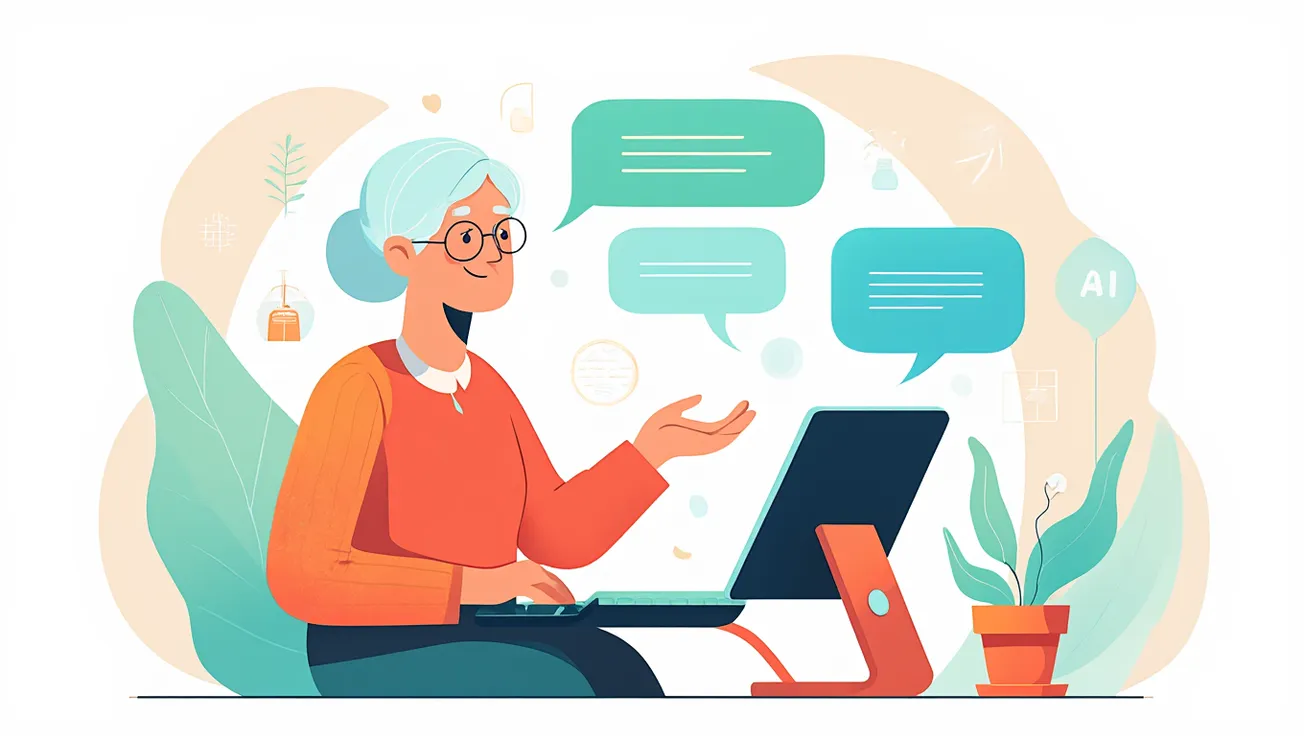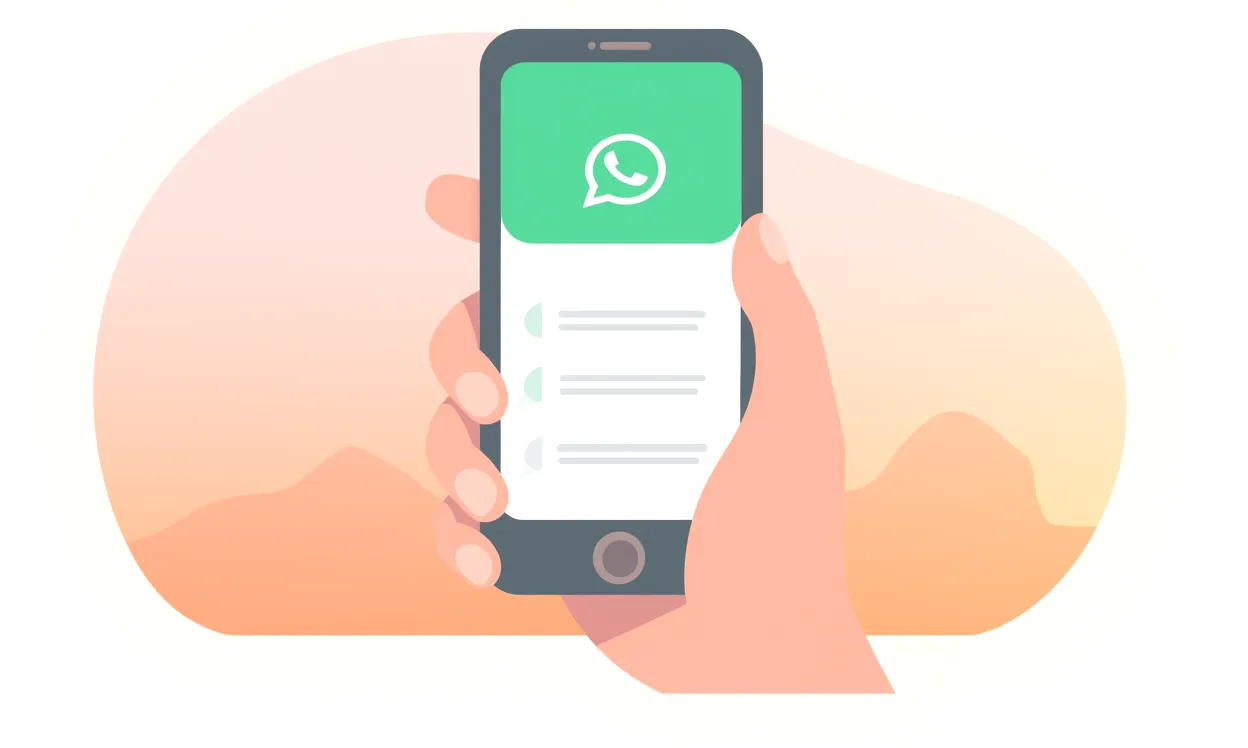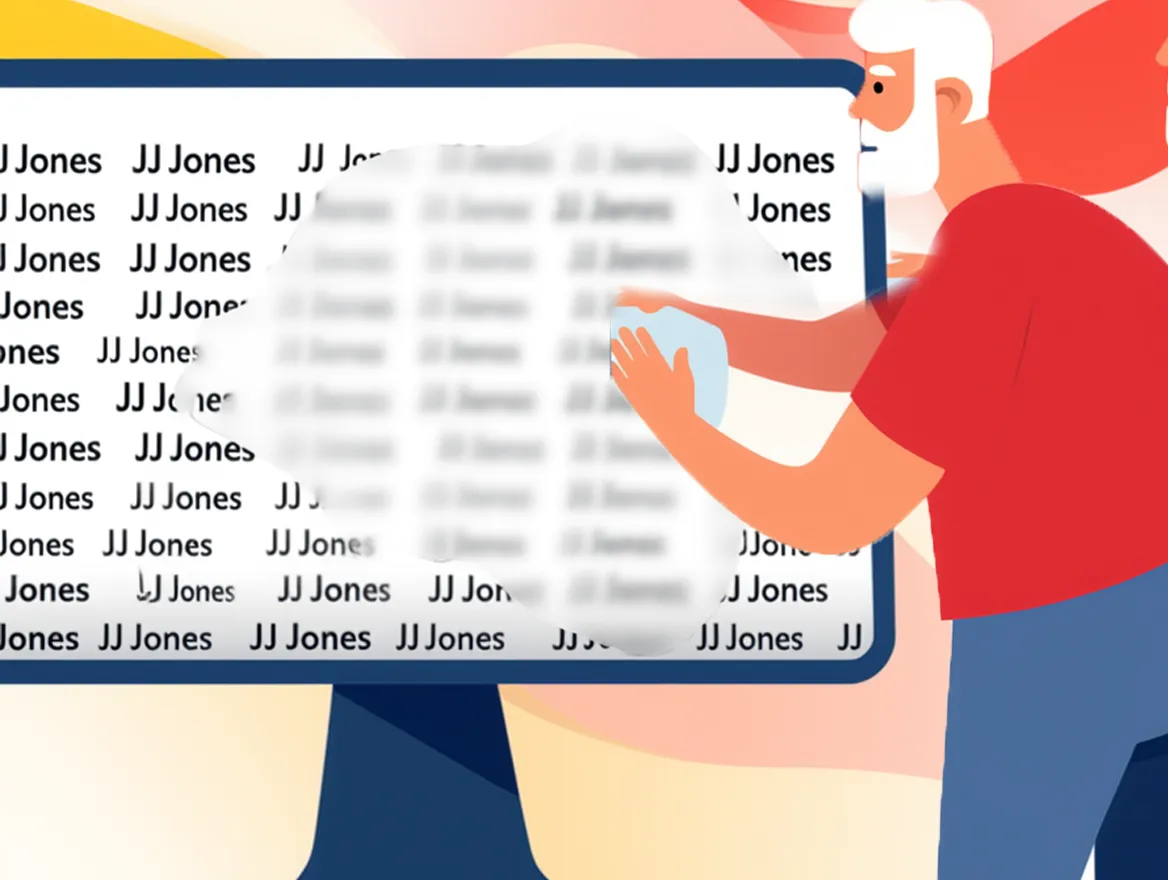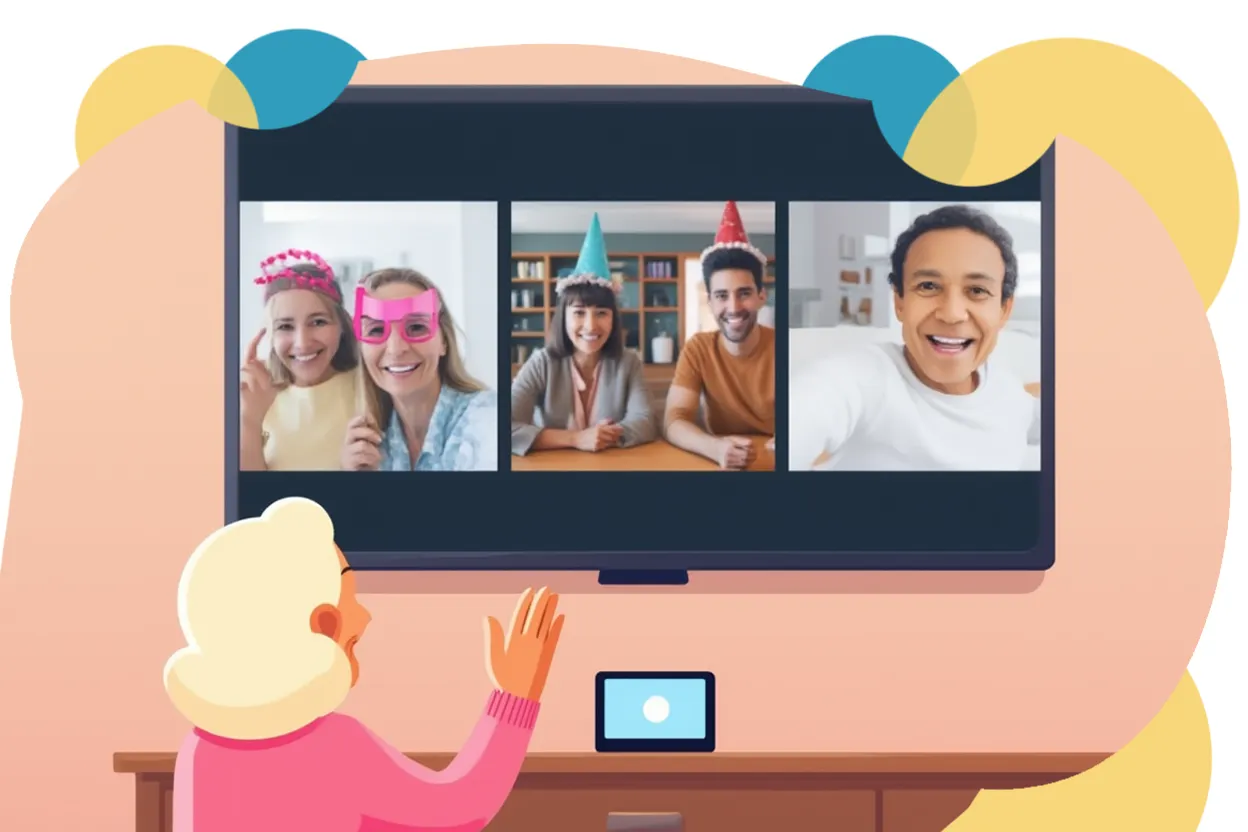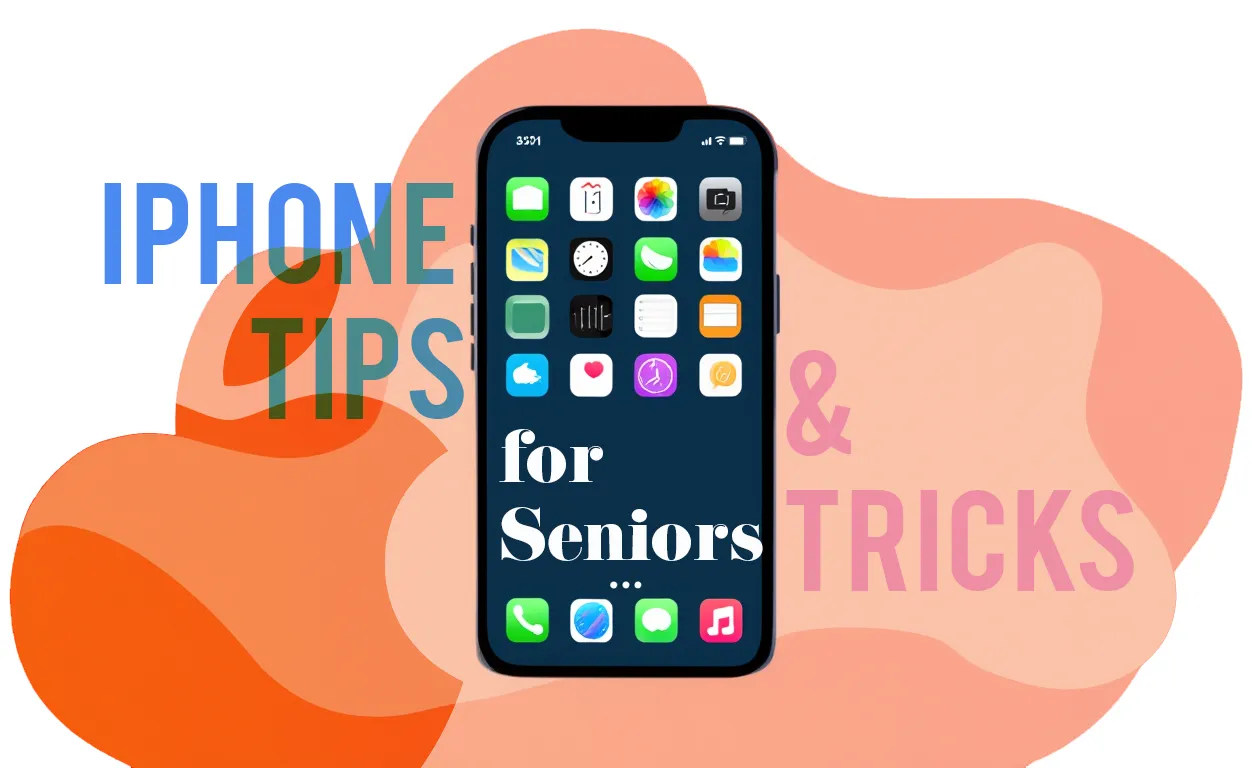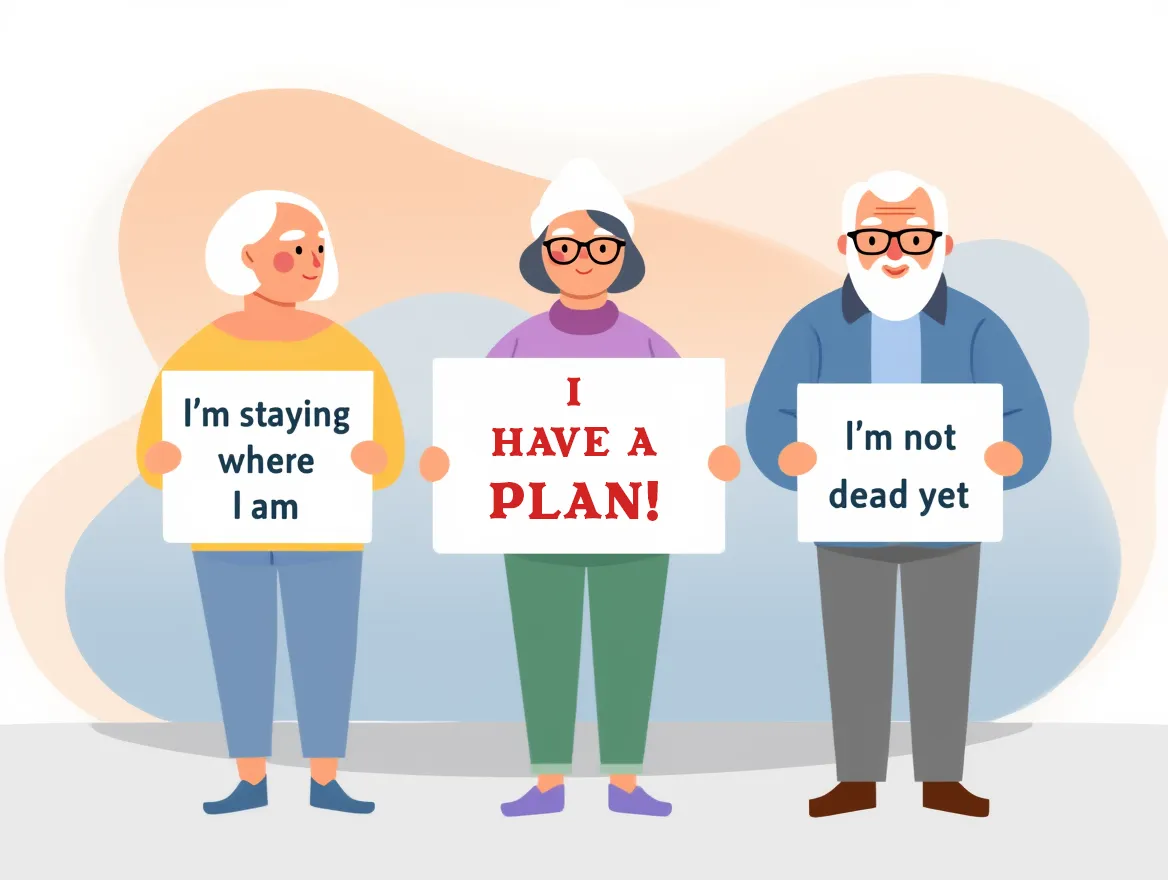The Takeaway
- Nearly 8 in 10 seniors now use voice assistants or AI chat tools for everyday help.
- Studies link AI use with better mental health and reduced loneliness.
- Devices like Alexa and Google Assistant handle chores, reminders, and connections.
- CareYaya’s QuikTok AI companion, offered free through AARP and Johns Hopkins, could be a game-changer.
The Story
When 72-year-old Janet first asked Alexa to play Frank Sinatra, she thought it would be a cute novelty. Now, she relies on her digital companion to remind her of medications, set up grocery lists, and even help her sleep with guided relaxation. “It’s like having a helper who doesn’t get tired,” she says.
Janet is far from alone. According to a survey reported by SeniorLiving.org and others, 78% of adults over 55 use AI-powered tools like Alexa, Google Assistant, or ChatGPT in some form. These aren’t just gadgets anymore—they’ve become allies in keeping seniors safe, healthy, and socially connected.
More Than Just Convenience
Voice assistants began as glorified search engines with funny jokes and weather updates. But today, they’re being used by seniors for:
- Meal planning & grocery shopping — ask for recipes, order food, and keep track of dietary restrictions.
- Health information — get quick answers (though doctors still stress double-checking with professionals).
- Reminders & safety — medication alarms, fall detection integration, and even “check-in” calls to loved ones.
- Friendship & engagement — AI chatbots can hold conversations, tell stories, or play trivia, reducing isolation.
A study cited by the New York Post found that seniors using AI companions reported higher life satisfaction and better mental health. Nearly 80% rated their mental health as excellent, and more than half said they rarely felt isolated.
And that isolation/loneliness thing is big. Watch this...
CareYaya’s QuikTok: A Step Beyond Alexa
What really caught our eye is the QuikTok AI companion system from CareYaya. Unlike Alexa or Siri, this program was designed specifically for caregiving and companionship.
Here’s what sets it apart:
- Accessible by phone — no smart speaker or expensive gadget required.
- Emotionally aware conversations — not just answering questions, but engaging like a friend.
- Cognitive health monitoring — tracks signs of memory decline or depression.
- Free deployment — thanks to partnerships with AARP and Johns Hopkins University, seniors can access it without cost.
According to Wikipedia’s entry on CareYaya, QuikTok is already being rolled out across communities, aiming to address loneliness while giving families peace of mind about their loved ones’ mental health.
What This Means for Seniors
For many older adults, the idea of “talking to a machine” once felt strange. But as the technology becomes friendlier—and in the case of QuikTok, more human-like—the stigma is fading.
Seniors aren’t just using AI to turn off the lights or check the forecast. They’re building relationships, finding entertainment, and in some cases, keeping loneliness at bay.
As one 68-year-old user told Seniors Blue Book, “It’s not a replacement for my kids, but it fills the quiet in the house. Sometimes, that’s all I need.”
The Bottom Line
Voice assistants and AI companions aren’t just for tech-savvy youngsters. They’re proving to be one of the most practical, affordable, and even therapeutic tools for seniors today. And with innovations like CareYaya’s QuikTok rolling out, the future of senior companionship may sound less like silence—and more like conversation.
Disclaimer: This article is for informational purposes only. It is not a substitute for professional medical or mental health advice. Always consult with qualified professionals before making health or technology decisions.


